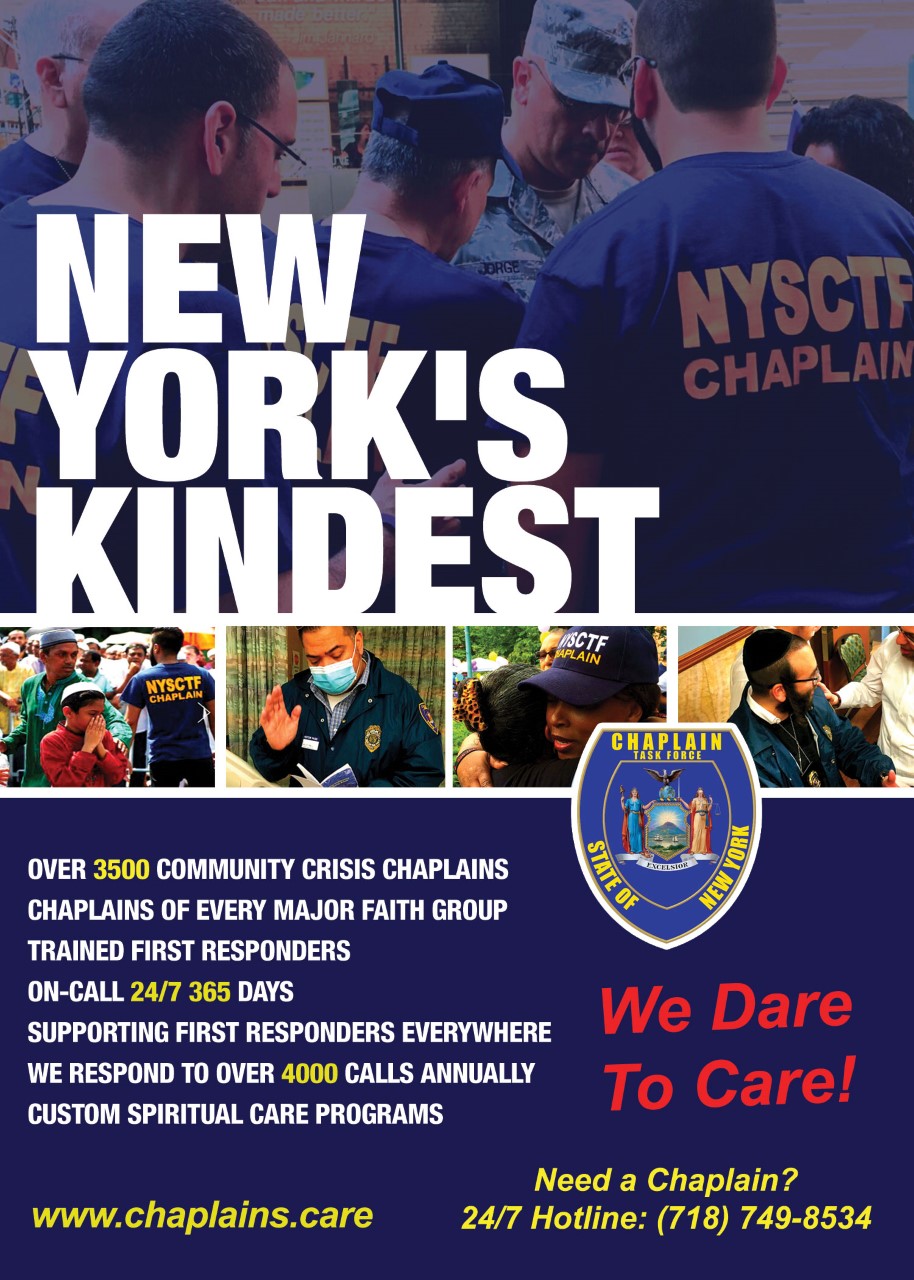If you’re ready to start your family and you understand the medical implications of pregnancy, now its time to dive into the resources and services that could help you safely and independently parent your child. Reach out to your state or community resources and contact any social service agencies who have previously provided services relating to your vision loss. Explain that you are considering having a child and inquire about what services, if any, you are entitled to within your area. For example, does your local Commission for the Blind provides adult daily living skills instruction for blind expecting mothers? Are you entitled to a mother’s helper or home health aid to assist you with your baby?
Exploring My Resources:
Immediately after learning of my pregnancy, I telephoned my counselor at the NY State Commission for the Blind. She explained that she could re-open my case to initiate services for daily living skills instruction through a Vision Rehabilitation Therapist (VRT) and orientation and mobility training. As my pregnant belly grew, my balance became increasingly worse. Carrying my baby had thrown off my center of gravity. Orientation and mobility taught me how to properly distribute my weight to prevent falls while pregnant.
The VRT came to my home three days a week during my last two trimesters. During that time, we experimented with different baby products and practiced making bottles. My instructor also provided me with a life-like baby doll my husband and I used to practice dressing, diapering, and securing into our car seat and stroller.
Human Resources & Social Security Administration:
If you are currently working, you will want to check in with your human resource department. In order to qualify for the Family Medical Leave Act (FMLA), you need to check that your agency is covered under the FMLA. If it is, you need to have worked 12 consecutive months at the same employer in order to qualify for 12 weeks of unpaid maternity leave or paternity leave. Some companies have additional rules for extending maternity time or converting sick time to additional maternity leave. Speaking with your human resources person before you become pregnant may help alleviate any complications down the road.
If you are currently receiving social security benefits relating to your blindness, your child may also be entitled to a small stipend. To apply for benefits on behalf of your child, you will need their birth certificate and social security number. How much your child receives in benefits depends upon how much money you, as the disabled individual, receive as an SSDI benefit. Generally, your child will receive up to 50 percent of your total SSDI benefit. It is important to note that there is a maximum amount that a family can receive based on one disabled individual’s benefits. Contact your local Social Security Administration Office for more information.
Grow a Thick Skin:
Some people will be elated that you’re thinking about starting a family. Others will question your sanity, possibly inquiring as to how you, a blind person, can potentially raise a child. Depending on your family’s dynamics and current relationships with friends, reactions will vary. You’ll need to develop a tough skin as a way to combat naysayers.
Family members reacted differently when I first divulged I was expecting. Some people were overjoyed, while others immediately asked if my husband and I were planning to employ a full-time nurse or nanny to care for our baby. Perfect strangers felt the need to point out they had never seen a pregnant blind woman before. There were times throughout my first pregnancy where these insensitive comments combined with my raging hormones impacted my health. However, when I became pregnant with my second daughter, I dismissed all personal opinions, relying only on my husband and medical team for advice. That pregnancy was much easier and the emotional burden of tuning out negativity lead to an easier delivery.
If you and your partner have decided you want to have a child and have taken the necessary steps to help you prepare for your pregnancy, don’t let stereotypes associated with blind parenting stand in your way. Make your health and the health of your family your primary concern. Seek services where available and surround yourself with people who love and support you. Above all remember, the blind and visually impaired are absolutely capable of raising children safely, independently, and effectively.

Pictured: Holly after the birth of her first daughter, Nuala, via c-section in February 2013.










